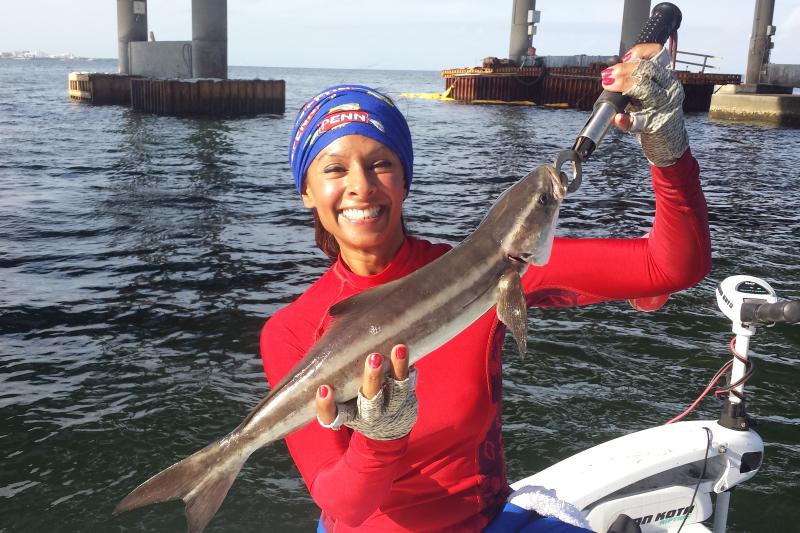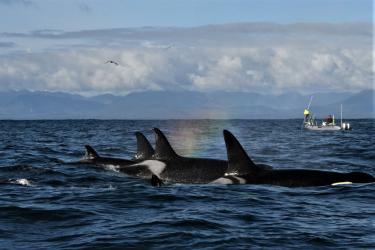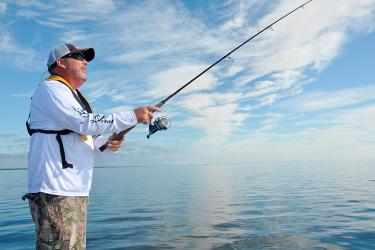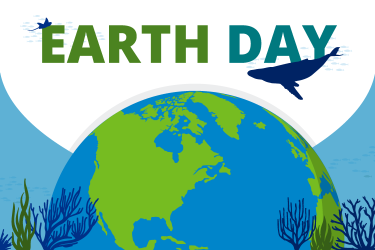NOAA Fisheries and the Atlantic States Marine Fisheries Commission co-hosted the 4th National Saltwater Recreational Fisheries Summit in March 2022. The 2-day Summit brought together members of the marine recreational fishing community with fishery scientists and managers from the states, regional fishery management councils, interstate marine fisheries commissions, and NOAA Fisheries staff. We discussed and collaborated on the most pressing issues facing marine anglers across the country.
Summit agenda topics included climate resilient fisheries, balancing ocean uses (with a focus on offshore wind and marine aquaculture), recreational fisheries data, and management of recreational fisheries. The concepts and ideas we discussed provide important information and reference points for us all, as we pursue the common goal of improving marine recreational fisheries. The final report for the 2022 Summit can be found here.
NOAA Fisheries is committed to advancing the issues discussed during the Summit and we have already made progress. Immediately following the Summit, NOAA’s Recreational Fisheries Initiative partnered with the Southwest Fisheries Science Center to address known data gaps. We funded cooperative sampling of recreationally important species of West Coast rockfish with the Sportfishing Association of California. We are partnering with the non-profit organization Academic Anglers through our Southeast Regional Office to support fishing clinics for disadvantaged youth. We are also working with the Alaska Regional Office to address post-release mortality by distributing fish descending devices and educational materials, among other projects.
In addition to these immediate responses, we will undertake an extensive review of the 2015 National Saltwater Recreational Fisheries Policy. We are initiating a series of discussions with our partners and the fishing public in the second half of 2022 with the goal of issuing an updated policy in 2023. This inclusive public process will help to ensure that our work to support and maintain enduring, sustainable, and high-quality saltwater recreational fisheries remains on course. Stay tuned for more information on how to engage in this effort.
Below are a series of additional actions being taken by NOAA Fisheries to advance issues identified at the 2022 Summit. These projects are not an endpoint. They are a continuation of our commitment to improve life on the water for anglers and are the next steps in the ongoing process.
Climate and Sustainability
- Finalize Climate Science Strategy Regional Action Plans
- Initiate a climate vulnerability assessment for Atlantic Highly Migratory Species
- Partner with councils and commissions to conduct climate scenario planning exercises
- Advance the Northeast Federal Survey Mitigation plan, establish monitoring standards, and assess impacts of offshore wind energy infrastructure on surveys
- Distribute fish descending devices and educational materials to reduce post-release mortality
- Host constituent focused fisheries habitat workshops to identify concerns and shared priorities in the Southeast
Data and Surveys
- Produce a new national 5-year strategic plan for recreational data collection
- Complete data collections for the National Recreational Angler Expenditure Surveys
- Implement Access Point Angler Intercept Survey in Hawai‘i
- Update the Atlantic Highly Migratory Species and finalize the Alaska Regional Marine Recreational Information Program Implementation Plans
- Respond to the final report of the Marine Fisheries Advisory Committee’s task force on recreational electronic reporting
- Continue to develop and implement transition plans for the implementation of new and modified survey designs (e.g, Gulf of Mexico, Hawai’i, and California)
- Partner with non-commercial and recreational fishermen to collect mahi-mahi stomachs and analyze their diet in Hawai’i
Management and Policy
- Initiate development of guidance on inter-council governance issues
- Publish a technical memorandum on management of data poor species
- Advance adaptive management approaches through direct support of the Mid-Atlantic Fishery Management Council and Atlantic States Marine Fisheries Commission’s joint Recreational Fisheries Reform Initiative
- Investigate feasibility of a pilot fish-tag management program in the Southeast
- Consider further how to make progress on equity and environmental justice goals, including better understanding non-commercial and subsistence fisheries
Partnership and Engagement
- Engage council and commission partners in review of the National Saltwater Recreational Fisheries Policy
- Continue to support habitat conservation and angler engagement projects through the National Fish Habitat Partnership
- Advance inclusivity and conservation education including through support of the Bristol Bay Fly Fishing & Guide Academy
- Support the South Atlantic Fishery Management Council’s assessment of constituent confidence of federal data and science
- Characterize recreational and non-commercial fishing communities in Hawai‘i to enhance fisher engagement and understanding of these fisheries
- Undertake collaborative marine water quality data collection with for-hire and commercial fishermen in the Gulf of Mexico
If you would like additional information about any of these projects, contact your regional recreational coordinator. NOAA Fisheries is excited to continue our collaboration with the recreational fishing community and implement these projects and more.



